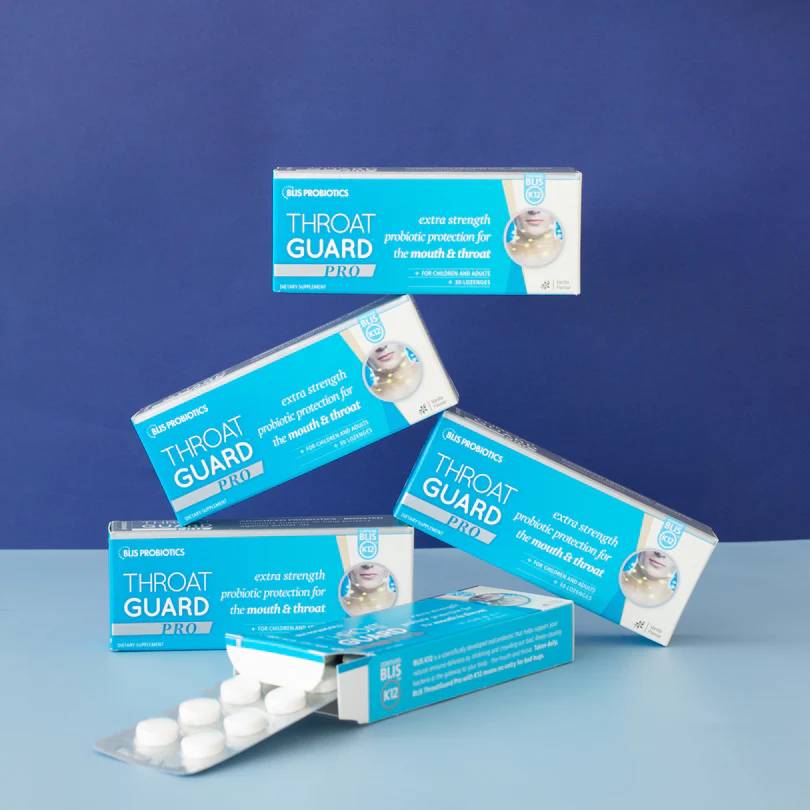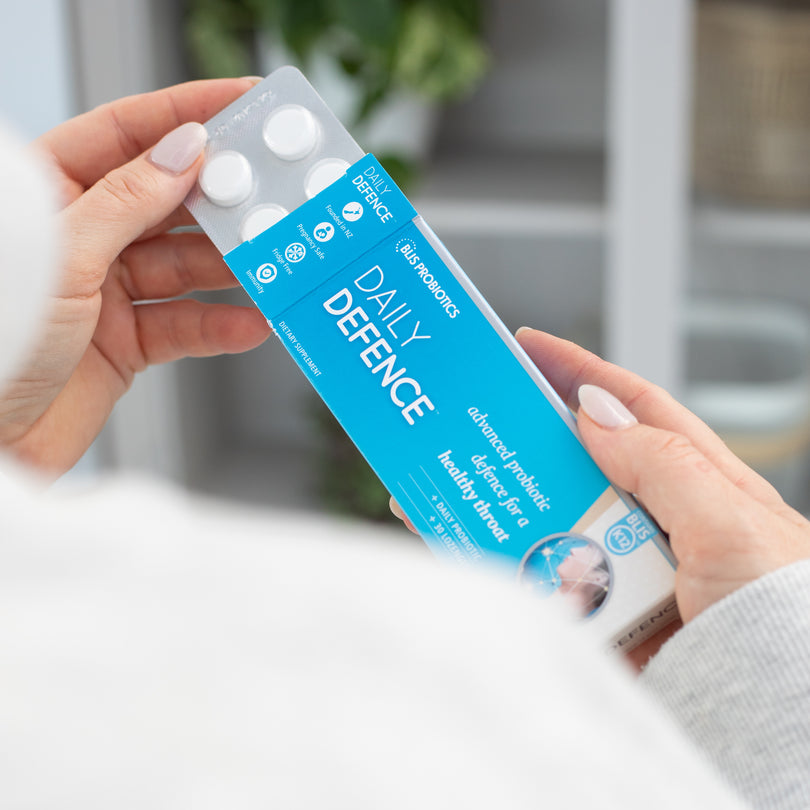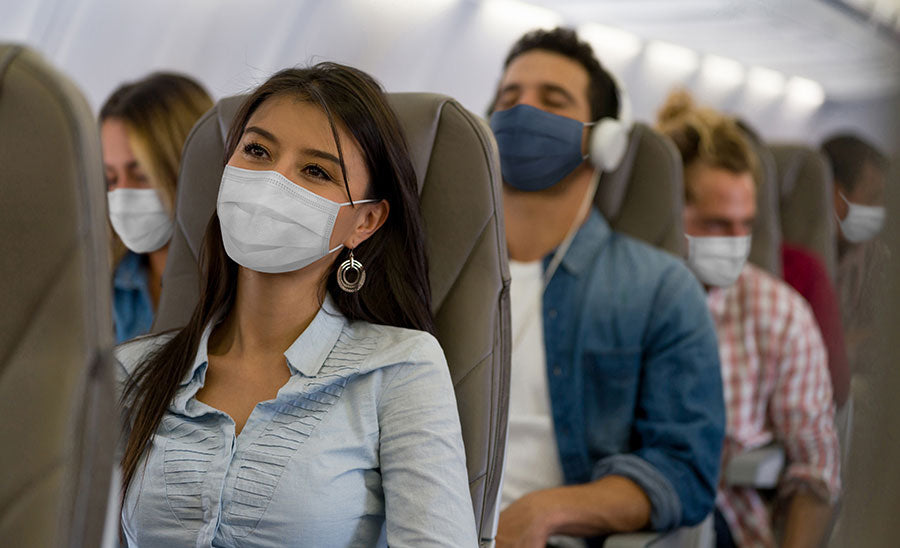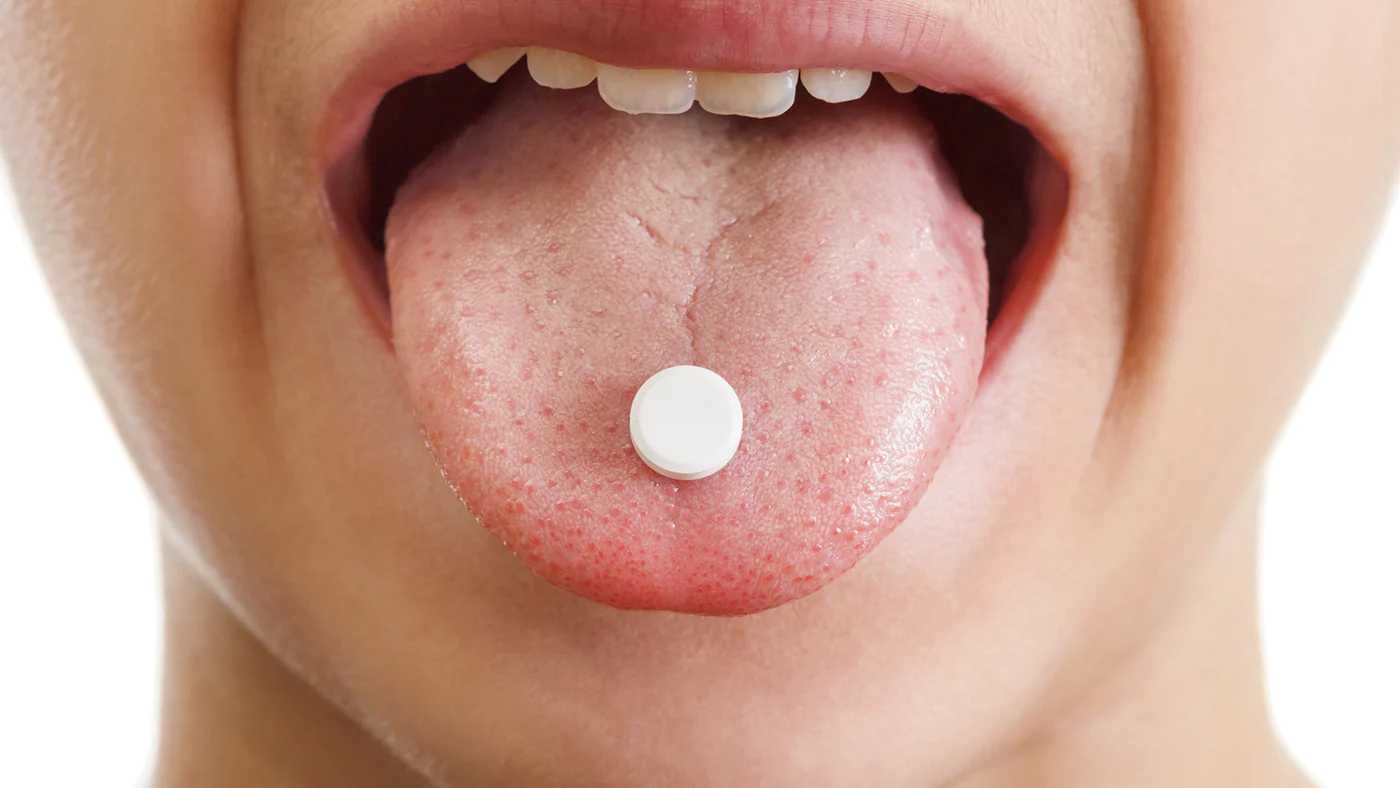As someone who’s logged thousands of air miles - long hauls, red-eyes, last-minute connections - I’ve learned the hard way that travel takes a toll on your immune system. Between dry cabin air, recycled germs, questionable airport meals, and jet lag, it’s no wonder we often arrive feeling more rundown than refreshed. That’s why I never board a flight without my travel probiotics.
In this guide, I’ll share what I’ve learned about using probiotics for travellers, when to start taking them before travel, how long to continue, and how they’ve helped me avoid everything from sore throats to travellers diarrhoea.
Why Probiotics for Travellers Are Essential
Flights expose you to a perfect storm: low humidity, high passenger density, and disrupted sleep. These conditions weaken your immune defences and make your body more susceptible to airborne and foodborne pathogens.
For me, every long-haul used to end with a sore throat or a dodgy stomach—until I added targeted oral probiotics to my routine.
Your Mouth and Gut Are Frontline Defenders
The mouth is one of the first points of contact for viruses and bacteria. Oral probiotics, such as Streptococcus salivarius K12 (BLIS K12®), colonize the throat and help outcompete harmful microbes before they can take hold. This is particularly important on planes, where your upper respiratory tract takes a beating.
When to Start Taking Probiotics Before Travel
If you’re wondering when to start taking probiotics before travel, the answer is: ideally one day before your flight. That gives the beneficial bacteria a chance to colonize your mouth and throat.
I personally start taking my BLIS K12 lozenges the evening before departure and continue daily until I’m back home.
Keep Taking Them During the Journey
Don’t stop once you're airborne. Continue taking travel probiotics throughout your trip, especially during transit days and immediately after landing—these are when your defences are most compromised.
How Long to Take Probiotics Before Travel and After
Before: At Least 24 Hours, Ideally More
To prime your immune system, take oral probiotics at least one day prior, but a 3–5 day lead-in is ideal if you’ve had prior infections or are prone to colds.
After: Continue for 3–5 Days
To bounce back quickly, I take probiotics for a few days post-travel. This helps my body readjust and deal with the immune disruption from time zones and poor sleep.
Travel Probiotics and the Prevention of Travellers Diarrhoea
What Causes It?
Travellers diarrhoea is often caused by unfamiliar food and bacteria, particularly E. coli, which your gut isn't used to processing.
Can Probiotics Help?
Yes—especially when combined with oral probiotics. While gut probiotics like Lactobacillus work in the intestines, BLIS K12 starts in the mouth, helping reduce bacterial load before it reaches the gut. I’ve found that using both gives me the best protection on trips to places with questionable hygiene standards.
Final Thoughts: Travel Smart, Stay Healthy
As a frequent flyer, my top tip is this: don’t wait until you’re sick to think about immunity. Build your defences in advance with proven oral probiotics like BLIS K12. They’re light, portable, and backed by clinical research.
You’ve already booked your tickets. Now book your immunity.







